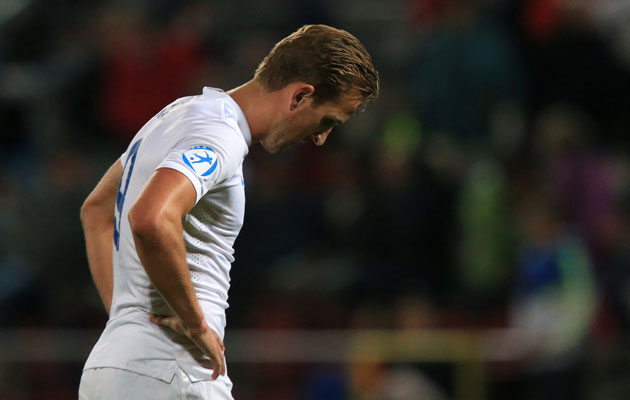England’s shabby show in the Under-21 finals in the Czech Republic raises a plethora of questions.
In the first place let me say that I have never been enamoured of such matches, which seem to me to put a burden on such young developing players when things go wrong – which indeed they did in this tournament.
My mind goes back many years to a conversation in Copenhagen with John Hansen, once a tall elegant inside-left with Denmark, Juventus and, in Rome with Lazio. Looking back to 1948 and the Olympic tournament, when a powerful Danish team eliminated Great Britain, then lost the majority of its stars to Italian clubs, he reflected that the lack of experienced players – the Danes chose no professionals then – had a crippling effect on national teams composed wholly of youngsters with no seasoned mentors. Youngsters were obliged to sink or swim together. Which in Denmark’s case, resulted in them struggling to keep their heads above water.
Vittorio Pozzo, who as commissario tecnico, alias boss of the Italian national team that won the 1934 and 1938 World Cups, once lamented to me the growing phenomenon of competitions which have now proliferated beyond all imagining. Under-21 Under-20, Under-16 even.
The idea of the friendly international is increasingly remote. They are so few and far between. Yet once they provided superbly memorable games. The 6-3 victory of the dazzling Hungarians at Wenbley in November 1953.
The exhilarating match between at Chelsea between England and the Austrian Wunderteam of 1932, which England own by the odd goal (though as the final whistle blew, David Jack was about to tap in another).
Fatuous comparisons have been made with England’s Under-21 disappointment and the success of the women’s team in Canada. Here, comparisons are indeed odious and absurd. It has been opined that a good Under-16 team would beat any Woman’s international side.







